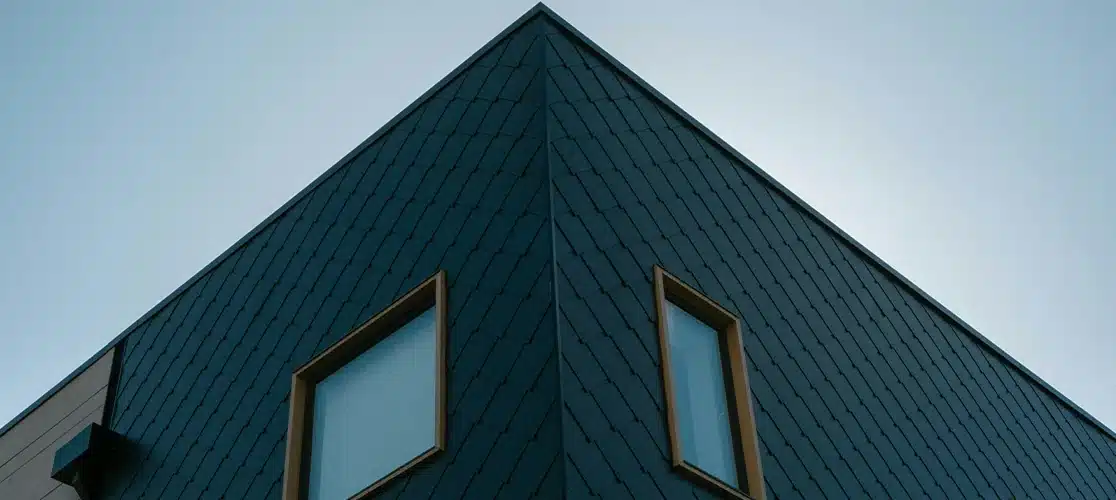
The construction industry is responsible for over 10 million metric tons of carbon annually in the UK alone. By trading materials for more eco-friendly alternatives, developments can become much more sustainable. Sustainable building materials can be a complex topic, here we delve into the subject…
Cob is a mixture of subsoil, water and lime or straw. It’s highly environmentally friendly and is easy to use. Cob also gives the freedom to create any desired shape, and it offers natural insulation. The material is super-duper long-lasting, in fact, the oldest cob structure is over 10,000 years old.
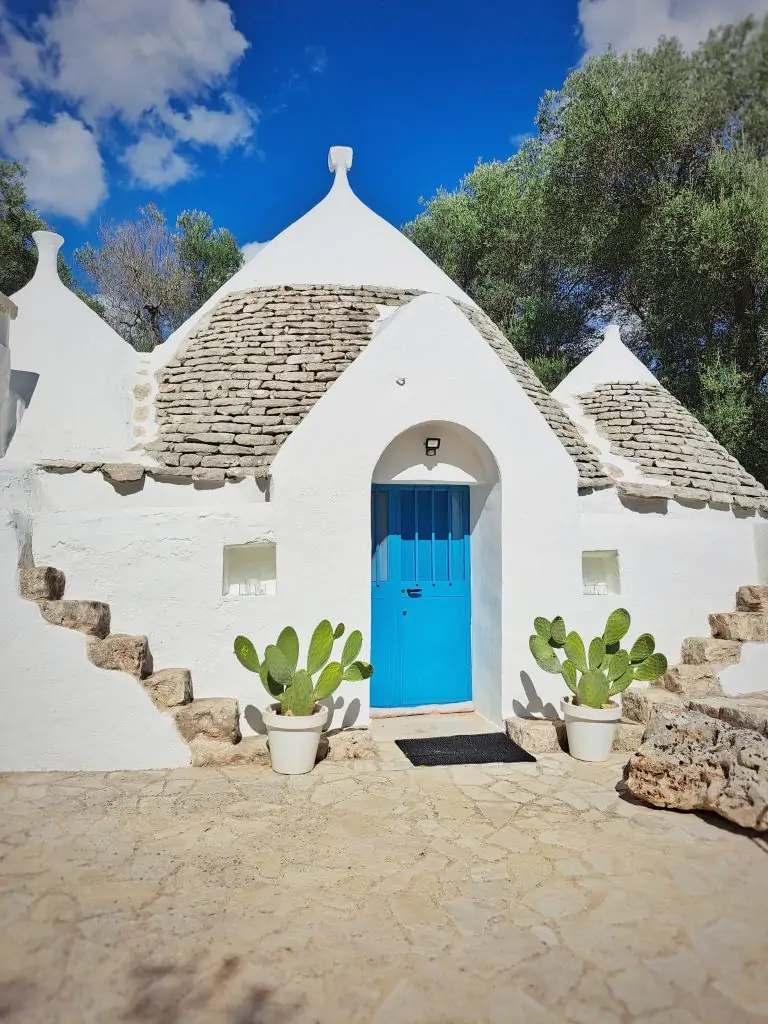
More steel is recycled yearly than plastic, paper, aluminium and glass combined. It’s super strong and durable, and those properties remain even after recycling. Steel is widely used in modern window and door frames as well as building frames.
Wool is a natural and eco-friendly form of insulation because its fibres form millions of air pockets to help insulate and absorb sound and CO2. It’s super easy to get hold of and is a great energy saver. The strength of other materials, like concrete, can be increased by adding wool fibres to the mix.
Reclaimed wood gives a touch of nature inside, recycled wood has a low impact on the environment when compared with the processing of new timber. If new wood is necessary, it should be sourced from sustainable companies.
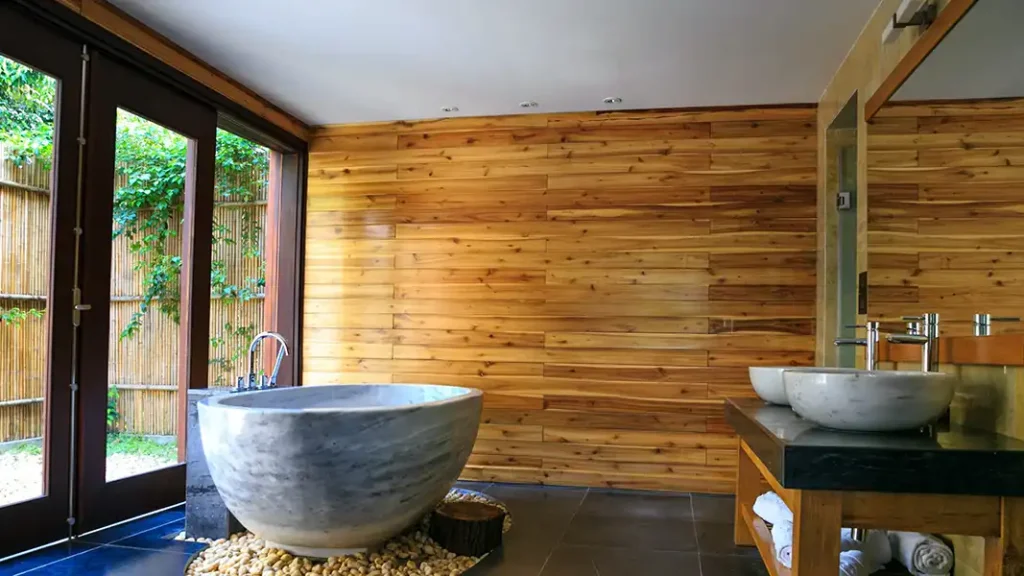
Cork comes from the Cork Oak Tree and is a highly renewable material. It’s a green material, it’s moisture resistant and it can absorb vibration. Because of its fire-retardant properties, cork panelling is used for ceilings, flooring and walls.
Straw has excellent insulating properties, similar to wool. Planting and harvesting this material has little environmental impact, making it highly renewable. Instead of burning off waste straw, farmers can repurpose it for building projects. By compressing the straw into ceiling and wall panels, carbon can be retained in an eco-friendly way. The panels are 100% recyclable and biodegradable, and can be used again for further panels or mulched into compost.
Bamboo grows super quickly, within 3/5 years, and it is bio-degradable, anti-bacterial and massively eco-friendly. It’s strong too, with a tensile strength like steel. Bamboo is ideal for design elements indoors and outdoors.
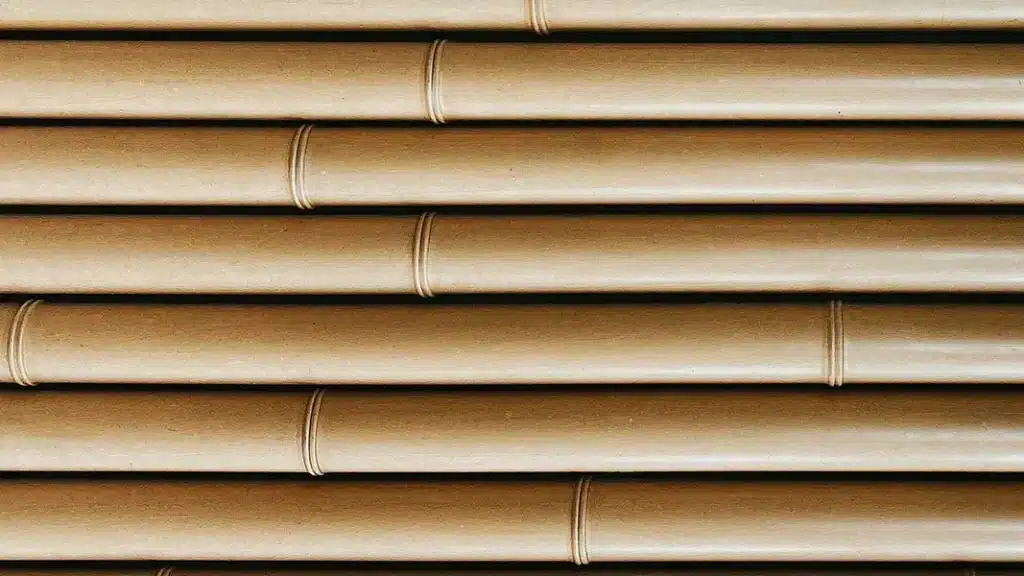
Certain plastics can take up to 1,000 years to break down in a landfill and on the whole, is not commonly associated with sustainable building materials. However it’s possible to take recycled plastic and make building materials, there are even methods of doing this carbon neutrally. This generates 95% less greenhouse gasses than it does to manufacture concrete bricks.
Clay is entirely recyclable and can regulate the internal temperature of its structure. The process of making bricks involves mixing clay, water, and aggregate. Clay bricks have been in common use for around 10,000 years and remain a popular choice for residential and commercial construction.
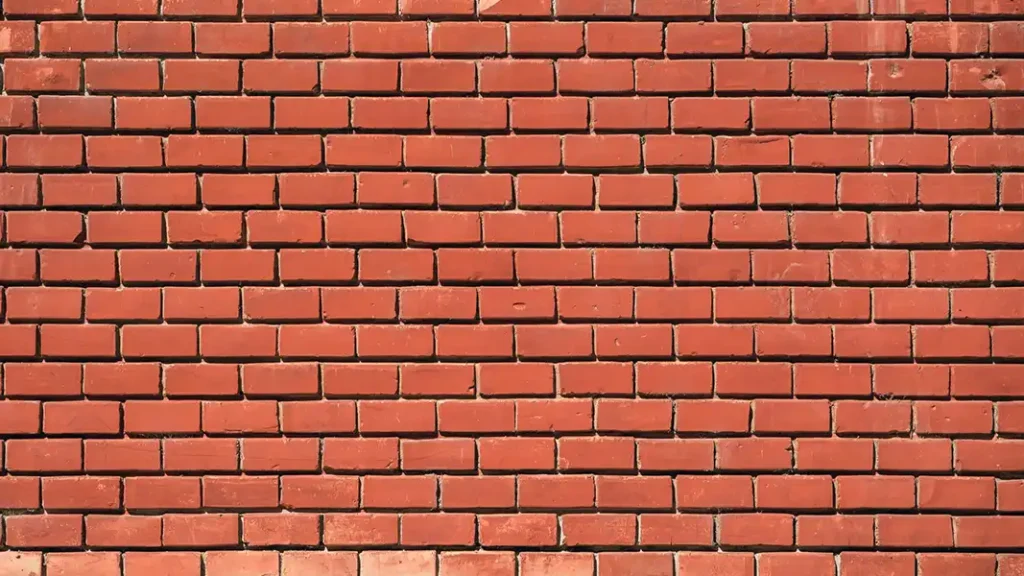
By substituting less sustainable building materials for some of these eco-friendly products, it could massively cut the construction industry’s carbon emissions. Over time, using recyclable and disposable materials can significantly reduce construction waste.
The construction industry contributes to air, water and landfill pollution, and has a huge environmental impact. By including just a few of these sustainable materials, you can reduce impact significantly.
If you would like to know more about sustainable building materials you can view more information on sustainable construction here.
Contact us today to arrange a free no obligation quotation for your next project or event. Please complete the form below and one of our team of experts will contact you within 24hrs.
Alternatively contact us on 01698 352751 for an immediate response.